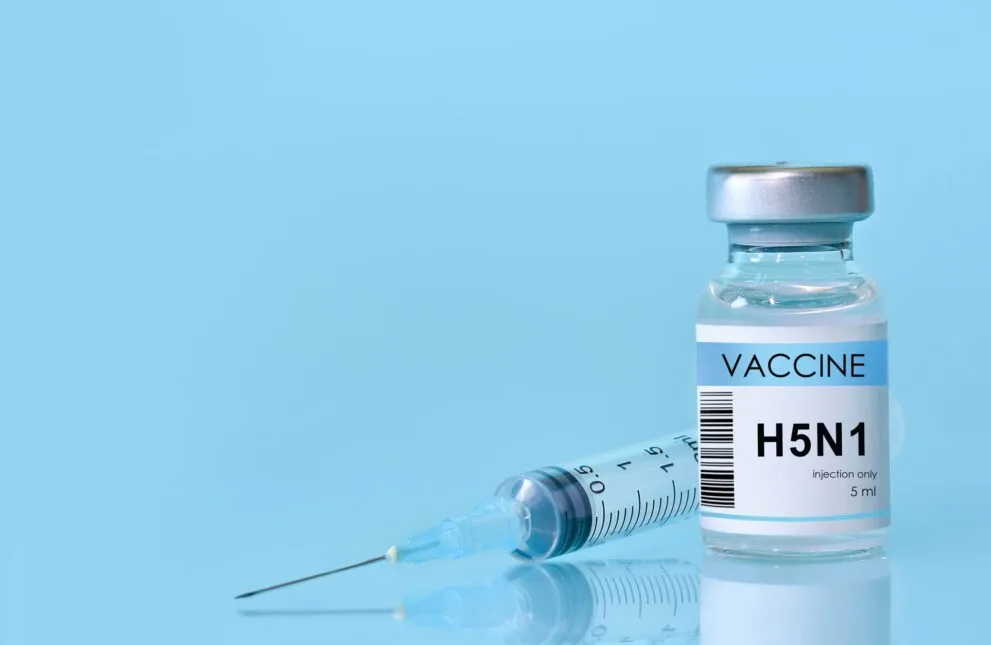Ottawa – Bird flu isn’t part of the “quad-demic” of viruses circulating through the country this winter—COVID, seasonal flu, respiratory syncytial virus (RSV), and norovirus—and its risk to public health, according to the Centers for Disease Control and Prevention (CDC), remains low. But that doesn’t mean an H5N1 avian influenza pandemic isn’t possible or even probable.
The Department of Health and Human Services (HHS), of which the CDC is part, believes the current bird flu outbreak has pandemic potential. Though person-to-person spread hasn’t yet been detected, H5N1 has infected 67 people in 10 states, including a death in Louisiana. That’s in addition to infection in more than 136 million poultry, nearly 11,000 wild birds, and over 900 dairy herds as of mid-January. To that end, HHS has granted Moderna $590 million to help accelerate the development of a bird flu vaccine.
The agency announced its backing of the Massachusetts-based pharmaceutical firm about 72 hours before President Donald Trump was sworn in for his second term. (Robert F. Kennedy Jr., a vocal vaccine skeptic, is Trump’s pick to head HHS.) However, the partnership isn’t new. The Biomedical Advanced Research and Development Authority (BARDA), part of the HHS Administration for Strategic Preparedness and Response (ASPR), supplied the funding and has been working with Moderna since 2023 to develop mRNA vaccines for use during influenza-related public health emergencies. This latest financial support comes on top of the $176 million BARDA gave Moderna last summer.
“Avian flu variants have proven to be particularly unpredictable and dangerous to humans in the past. That is why this response has been a top priority for the Biden-Harris Administration and HHS,” outgoing HHS Secretary Xavier Becerra said in a news release. “Accelerating the development of new vaccines will allow us to stay ahead and ensure that Americans have the tools they need to stay safe.”








